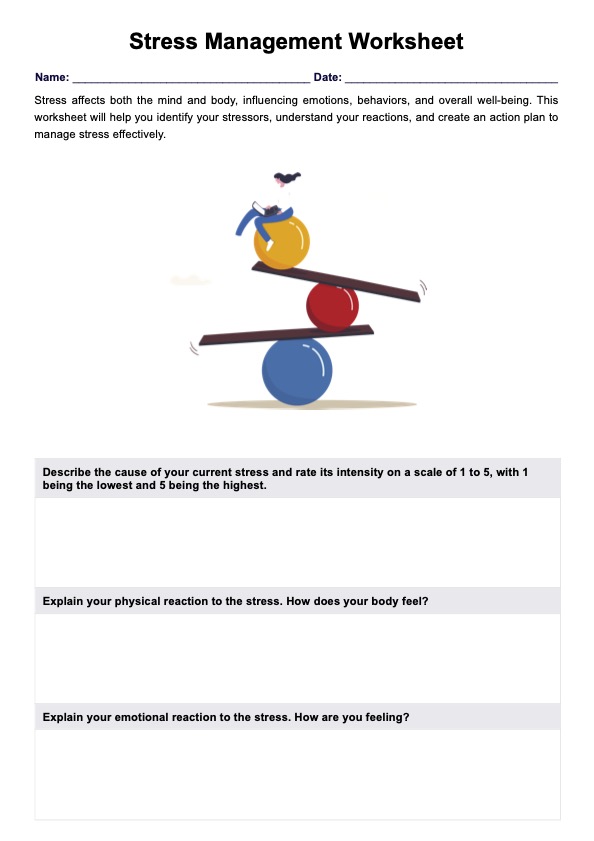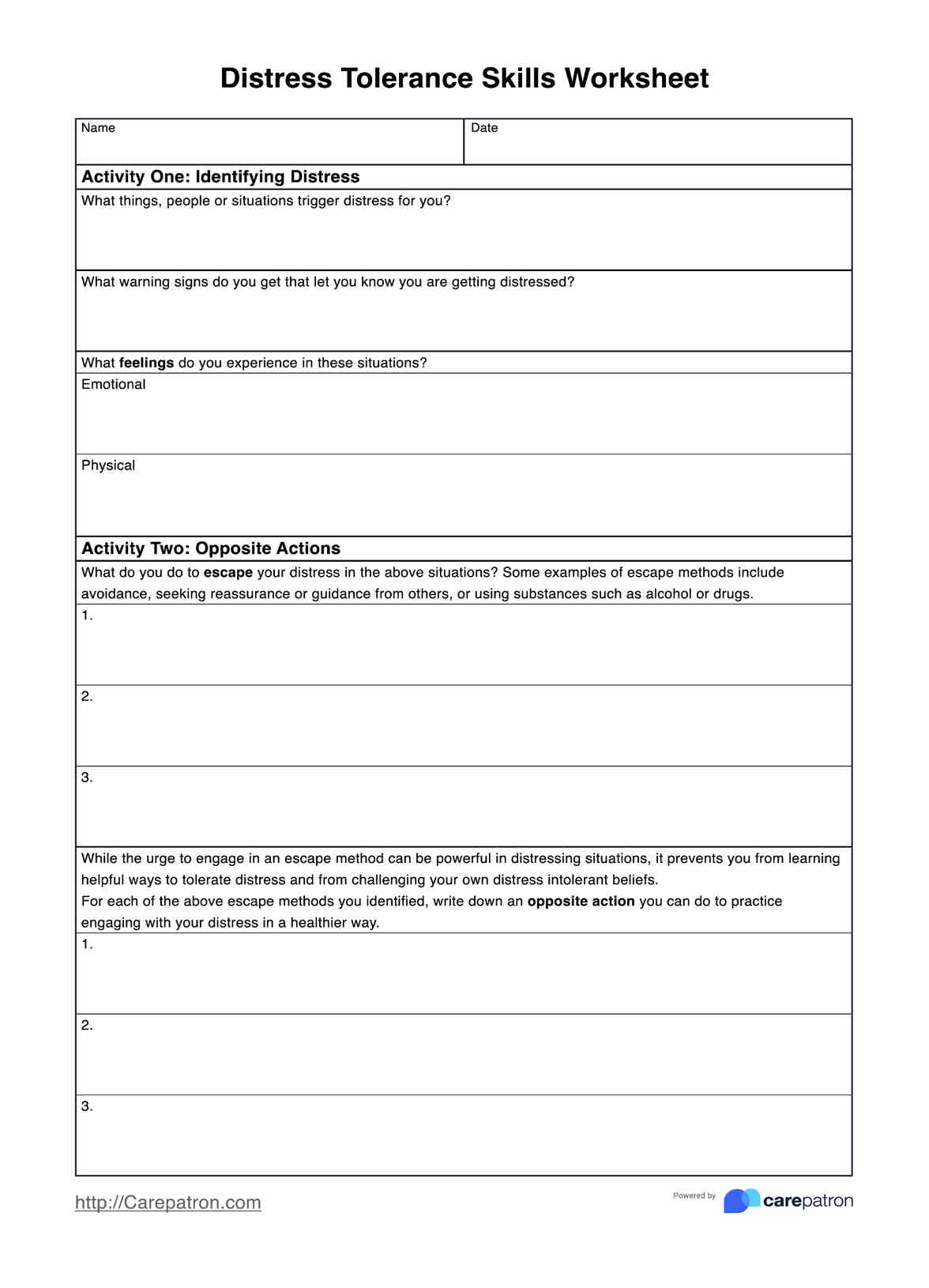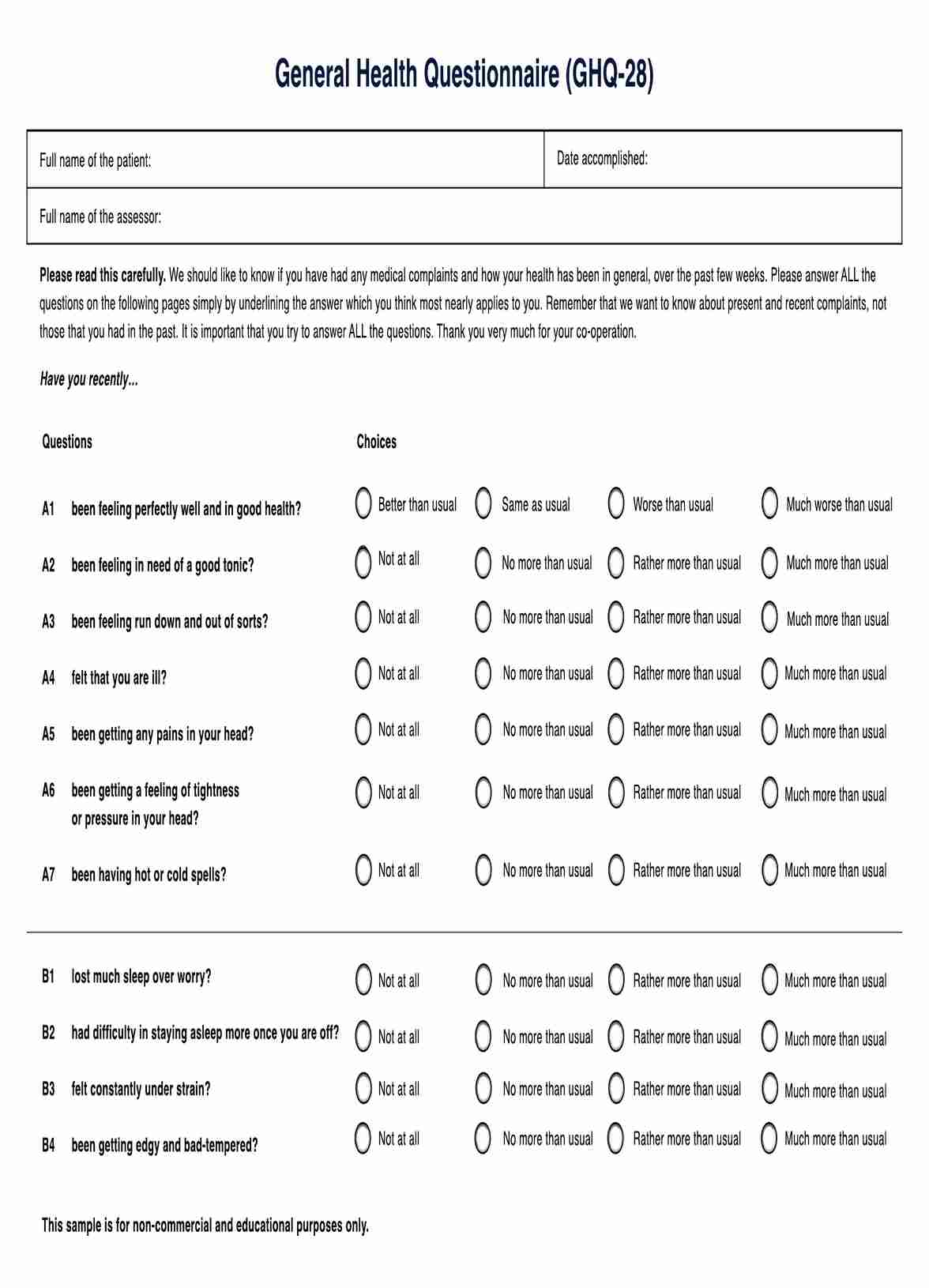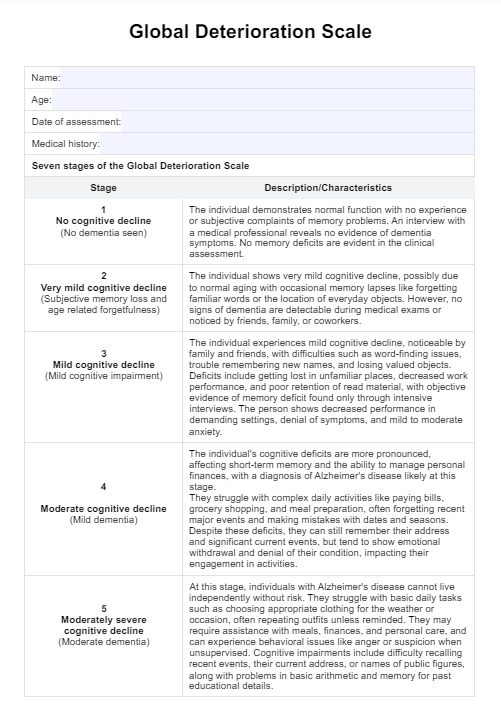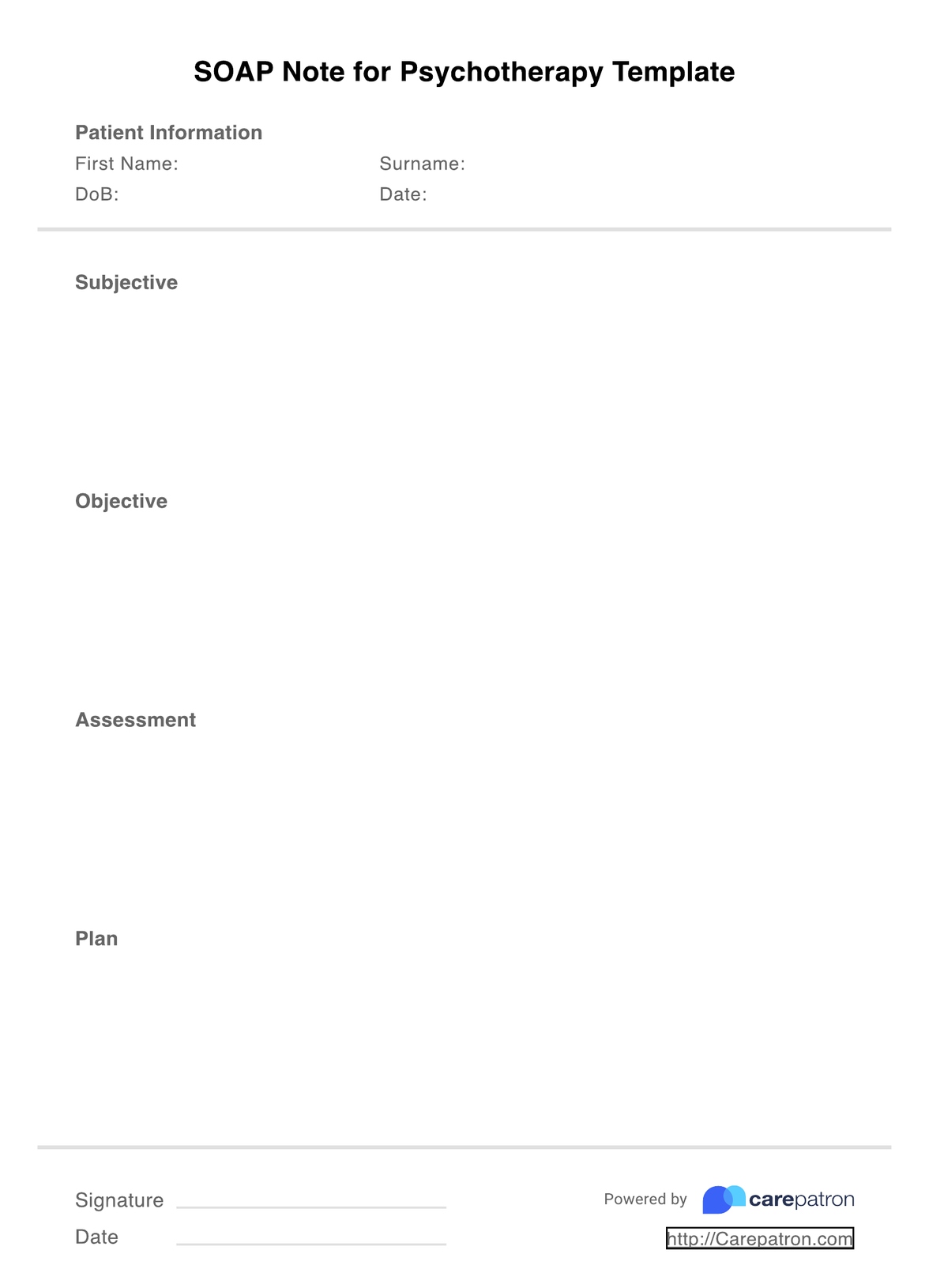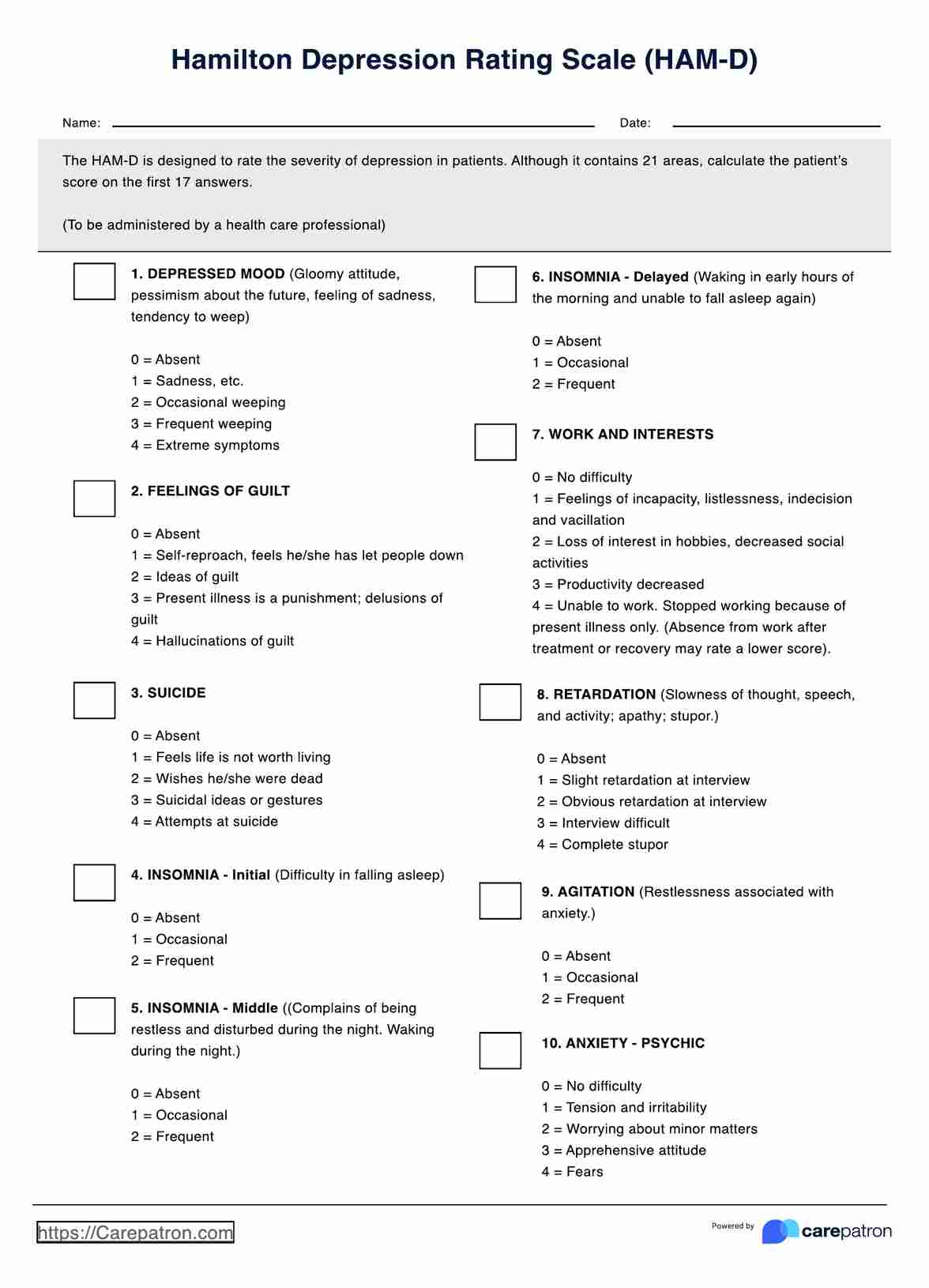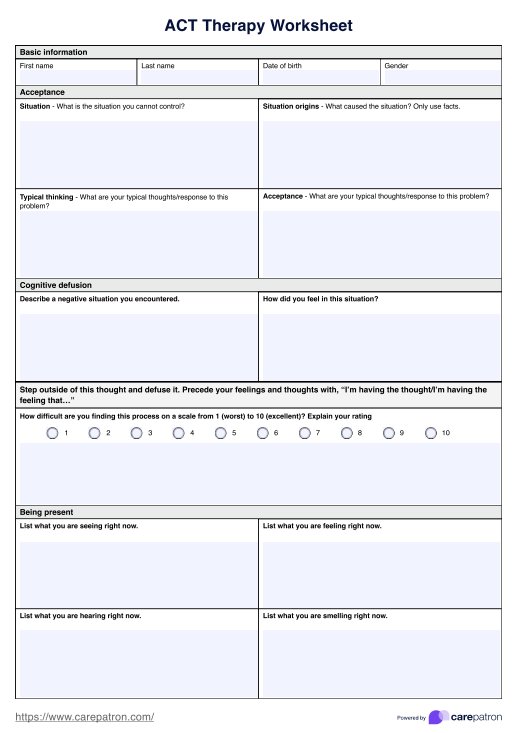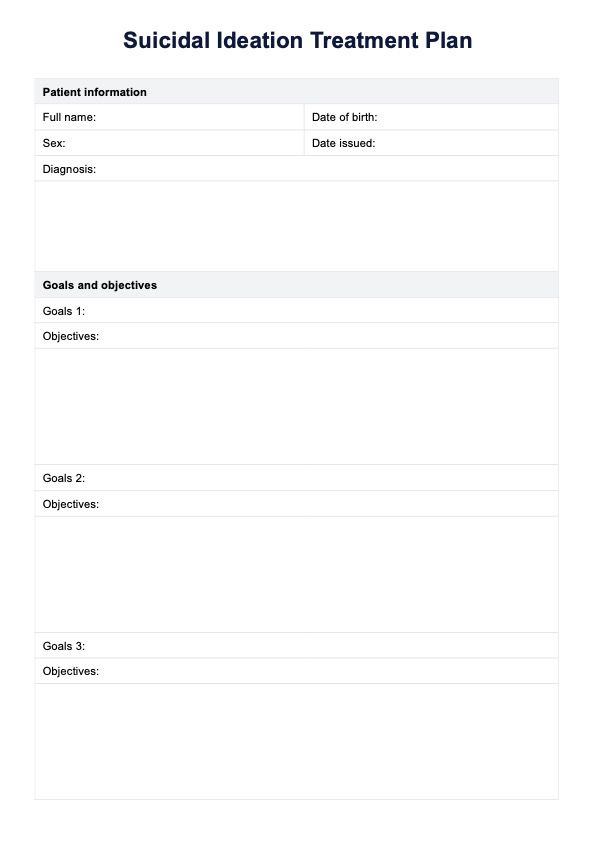FAST Scale
If you are dealing with a patient with signs of dementia, you can use the FAST Scale in order to assess the severity of their dementia by checking on their symptoms.


What is the FAST Scale?
The Functional Assessment Staging Tool (FAST) Scale, also known as the Functional Assessment Staging Scale, is an easy-to-use tool designed by Dr. Barry Reisberg to help healthcare professionals assess patients with dementia, particularly those with Alzheimer’s disease. It tracks the disease progression of dementia patients by categorizing their functional abilities across seven stages, ranging from normal aging to severe dementia. The scale is primarily used in hospice care and clinical settings to monitor the functional decline resulting from dementia.
Here are the designations and descriptions of each stage:
- Stage 1: Normal aging
The patient shows no noticeable cognitive or functional decline. Functional abilities remain intact without any impairments in daily life. - Stage 2: Possible mild cognitive impairment
The patient starts experiencing subjective word-finding difficulties and may report misplacing objects more frequently. No severe cognitive decline is evident in this stage. - Stage 3: Mild cognitive impairment
The patient’s cognitive function deteriorates, impacting organizational capacity and job performance. Tasks like navigating new locations become challenging, signaling an early decline in the ability to perform complex tasks. - Stage 4: Mild dementia
At this stage, patients exhibit difficulties managing Instrumental Activities of Daily Living (IADLs), such as paying bills, preparing meals, and handling personal finances. There is a noticeable decline in cognitive function that impacts everyday activities. - Stage 5: Moderate dementia
Patients may require assistance in selecting appropriate clothing and may struggle with seasonal or situational appropriateness, reflecting a moderate level of severe cognitive impairment. - Stage 6: Moderately severe dementia
This stage is broken into several subsets, highlighting the patient's loss of functional abilities, including dressing, bathing, and toileting. Urinary incontinence and fecal incontinence become evident in the later subsets of this stage. - Stage 7: Severe dementia
Patients experience very severe cognitive decline, losing basic motor functions such as walking, sitting up, smiling, and holding their head up. Severe cognitive impairment profoundly impacts their functional ability, leaving them fully dependent on caregivers.
For each stage, there are functional assessment designations, which outline specific abilities that may be impaired due to dementia. While the FAST Scale provides a structured overview of a patient’s functional decline, it is not a standalone diagnostic tool. Instead, it should be used alongside other assessments for a comprehensive diagnosis and the development of a care plan.
FAST Scale Template
FAST Scale Example
How to use our FAST Scale template
Here is how to use our FAST Scale for dementia template in your practice:
Step 1: Access the template
Press the "Use template" button to open the FAST Scale template in the Carepatron app. The customizable template allows you to fill in, print, and share the form as needed. Alternatively, click "Download" to obtain a non-customizable PDF version, which is still fillable, printable, and shareable. It’s useful to keep this template handy as you may need to reassess the patient multiple times as their dementia progresses.
Step 2: Assess the patient's functional status
Conduct a functional assessment staging test by observing the patient's abilities in day-to-day tasks and noting impairments related to the progression of dementia. This may include evaluating their capacity to dress, bathe, or communicate effectively.
Step 3: Record the patient's stage
Once the assessment is complete, indicate the patient's stage of dementia on the FAST Scale based on the observed functional abilities and cognitive decline.
Step 4: Determine what goes into the patient care plan
Use the FAST Scale findings to inform the development or adjustment of a patient care plan. The care plan should address both current and anticipated challenges, including symptom management and interventions to improve the patient's quality of life.
Step 5: Monitor and review
Periodically reassess the patient using the FAST Scale to track the progression of dementia and evaluate the effectiveness of interventions. The scale helps ensure the care plan is adapted to meet the evolving needs of the patient.
It's also recommended that you combine this with other assessments that you may have to get a more well-rounded view of your patient. By considering other aspects of the patient's life and other ailments they might be dealing with, you will be able to create a more comprehensive care plan for them.
When to use the FAST Scale
The FAST Scale is normally used when healthcare professionals are assigned to treat a person diagnosed with dementia, or if they have a patient exhibiting functional impairments that were not present before. It is used to set a baseline so that the professional, their teammates, the patient, and the patient's loved ones/companions know where the patient is currently at in terms of functional decline due to (the signs of) dementia.
The FAST Scale is essentially a monitoring tool, so it's not just used to set a baseline assessment of a patient. It is used every now and then to monitor the progression of dementia as well as the improvement/decline of the patient's functioning. As to how frequently you should reuse the test, well, that will be up to you, but make sure to base your decision on how fast their functional decline is going and how fast the dementia is progressing.
If you are also at the point where you are developing a care plan, it's recommended that you use this scale alongside other tools in order to determine what should be included in it.
Benefits of using the FAST Scale template
The FAST Scale is an invaluable tool in dementia care, offering several benefits:
Easy to use
The FAST Scale is straightforward, with clear stages that outline the patient’s functional impairments. Once a comprehensive assessment has been completed, determining the patient’s stage takes only minutes.
Guides care plan
The scale allows healthcare professionals to anticipate the patient’s disease progression, offering a way to foresee and prepare for future complications, ensuring timely and appropriate interventions.
Preparing for disease progression
Speaking of helping you frame your decisions for your treatment plan, this scale can be used to anticipate problems that can be caused by dementia in the long run, so your plan can consider what can happen in the future so you, your patient, and your patient's loved ones are prepared.
Accurate monitoring
The FAST Scale is a reliable monitoring tool for tracking changes in the patient’s condition over time. This supports consistent care and adjustments to the treatment plan as the disease progresses.
Commonly asked questions
The FAST Scale is a tool developed by Dr. Barry Reisberg to assess the functional decline in patients with dementia, particularly those with Alzheimer's disease. It evaluates cognitive and functional abilities across seven stages of dementia.
Life expectancy varies depending on the stage of dementia. Patients in Stage 7 of the FAST Scale, indicating severe dementia, may have a life expectancy of approximately 1.5 to 2 years.
A patient with a FAST score of 7 or above, which includes severe dementia and significant functional decline (e.g., loss of speech and mobility), typically qualifies for hospice care, as it indicates the late stages of dementia.


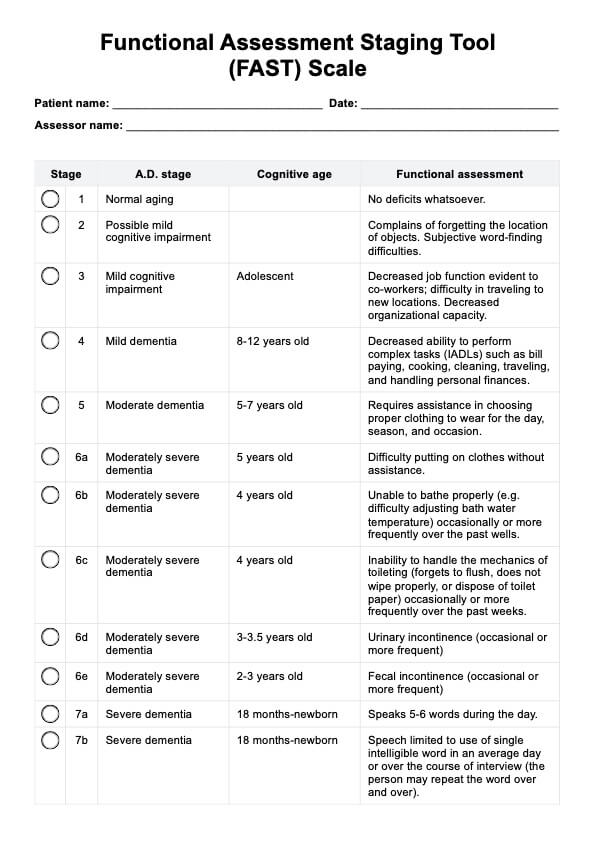
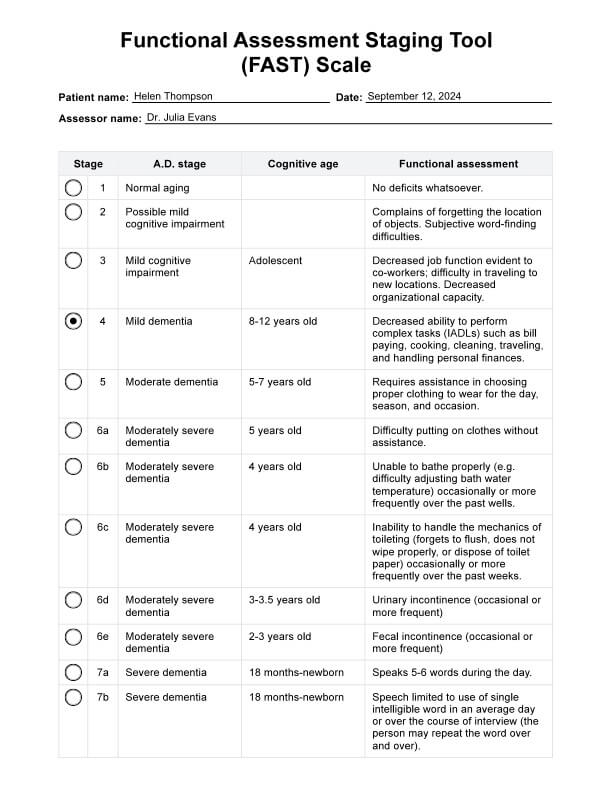

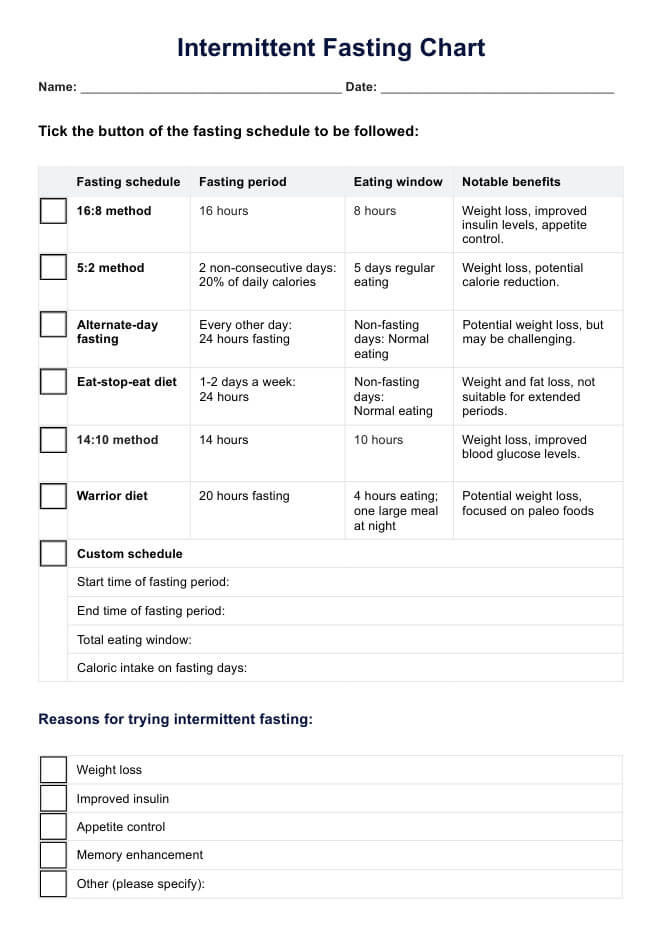

















-template.jpg)

















































































